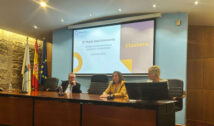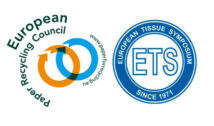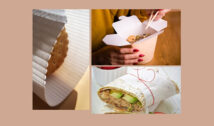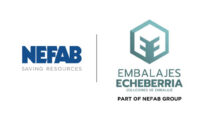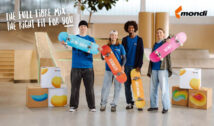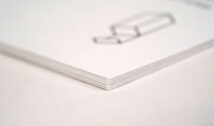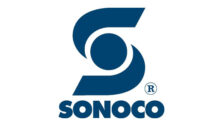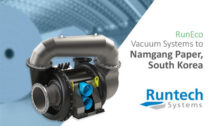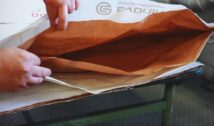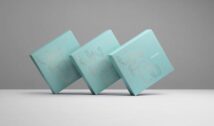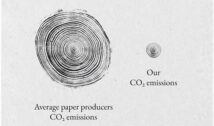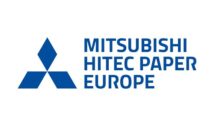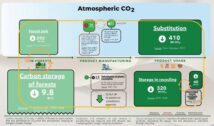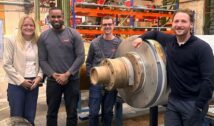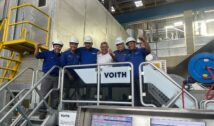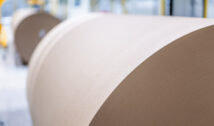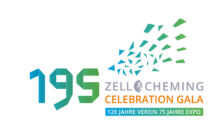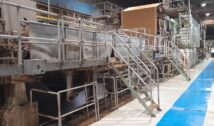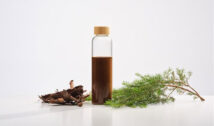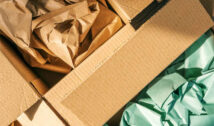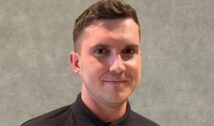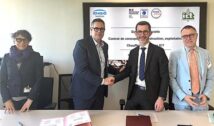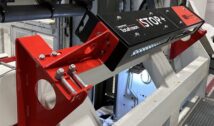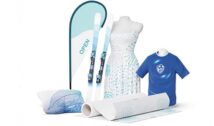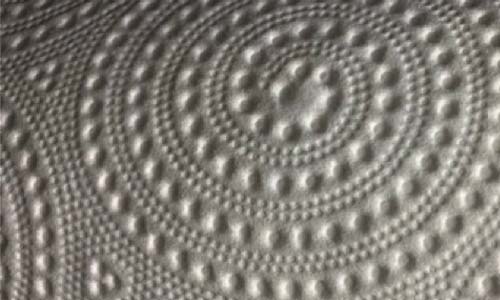
Engraving Solutions, a Körber Group company specializing in the design and engraving of embossing rolls for tissue products, presents two new solutions for premium and entry level products: LIME and SEWN.
LIME (Less Impact More Efficency) is a new embossing system that allows you to have a product with characteristics that so far have been impossible to achieve together: volume, absorbency, and resistance.
Mauro Gelli, Engineering and R&D manager comments: “Both traditional “dry” embossing and hot embossing, with or without the addition of humidity, make the product more voluminous and absorbent, but overall less resistant due to fiber breakage. However, LIME technology prevents this.”
Available for any type of product, LIME in fact overcomes the limits of “tip-to-tip” embossing, in which the tips of one ply bind with all those of the other ply. There are several advantages of this technology: the tips have a “random” positioning, which helps overcome the difficult and delicate initial operation of “phasing” of the rollers. There is also no need for gears, enabling a cheaper and faster transmission, and it is no longer necessary to periodically verify timing of the rolls. Finally, there is no danger of concentrated points wear because the contact between the tips is constantly renewed.
The LIME system requires less control, so it is possible to maintain constant product quality throughout the production process regardless of the operator.
For entry level products Engraving Solutions proposes SEWN (Smooth Embossing Without Needling), a soft embossing without perforation.
Gelli continues: “We called this solution SEWN precisely because the result is very similar to that of a “seam” between plies. The system makes use of Aquabond techniques such as water lamination. The result is a well-defined and visible embossing for the whole product in which there are small embossed areas with low thickness and wide smooth areas of calendered paper. The stitching, made through evenly distributed pixels, avoids swelling throughout the product, while the unique “zip” shape of the pixels helps to firmly join the veils”.



